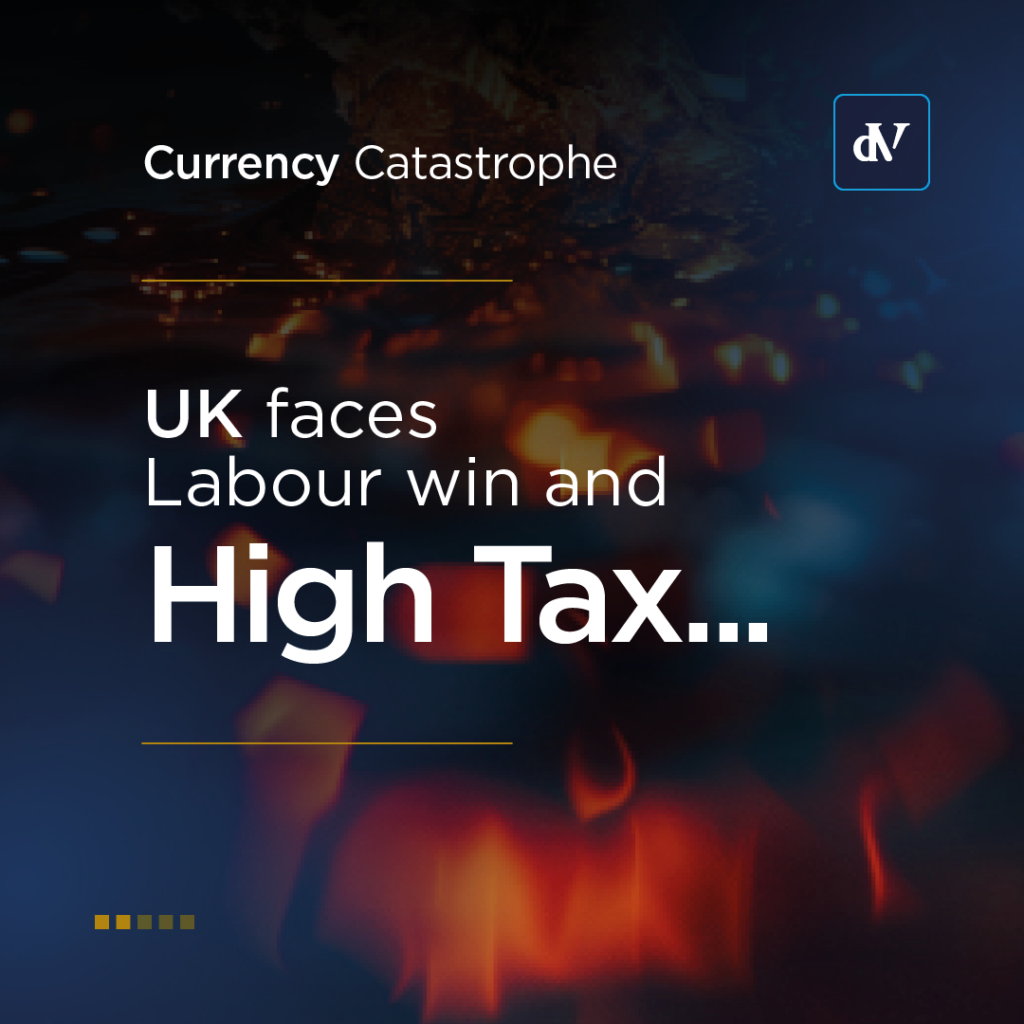|
Getting your Trinity Audio player ready...
|
If somebody claims to be able to predict the future – don’t believe them. From Britain to Beijing, turbulent geopolitics and market forces conspire to make uncertainty the only thing we can count on. But our window into the future is not totally oblique, to borrow a phrase from Donald Rumsfeld:
“There are known knowns; there are things we know we know. We also know there are known unknowns; that is to say we know there are some things we do not know. But there are also unknown unknowns—the ones we don’t know we don’t know.”
Known knowns
He who declares anything categorically known is a brave person, though we can get close with robust economic forecasts. The EY Item Club, a leading UK-based forecaster, is predicting that the British economy will shrink 0.2% each quarter from October through to June 2023. This new assessment marks a downgrade on their previous estimations which pointed toward a more optimistic GDP growth rate of 1% over the next year.
The report blames high energy prices, high interest rates, rising inflation, and the broader context of the weakened global economy for bringing on what they project will be a recession. Though Britain is as exposed to that external turbulence as its peer economies – how governments respond matters. The EY cites the government’s energy price subsidy as helping to curtail the economic shock. The energy unit price cap that will see a typical household spending £2500 on their energy bills will benefit consumers and businesses, and avert, hopefully, the harshest edges of the downturn.
The Halloween fiscal statement, rushed forward to soothe spooked markets, has been delayed. Chancellor Jeremy Hunt will now deliver the government’s plans on the 19th of November, and they are expected to include both tax rises and spending cuts to plug a so-called black hole worth £40 billion. The new Chancellor’s stewardship of the exchequer and the abandonment of Trussonomics have reduced ballooning borrowing costs. This will continue to be a priority for the British government as the national debt and the cost of servicing it surges.
Known unknowns
We know governments will do their utmost to insulate their economies, and we know those measures will take the form of tax increases and spending cuts, but as of yet, we don’t know where they will fall.
At this time, nothing is being ruled out, including an abolition of the triple-lock on pensions, a mechanism that pegs the state pension to whichever is highest out of 2.5%, average earnings or inflation. In How bad is the pension crisis, I noted that “the state pension could rise by as much as 10% by April of next year – but it’s unlikely that the [triple-lock] guarantee can survive a great deal more rises of that sort.”. It may yet transpire that this April payment never makes it to fruition – though, given the Conservative party’s disproportionately aged voter base, the political cost could force them to find the savings elsewhere.
But the lack of fiscal wriggle room means the axe will have to fall somewhere, even if the slash proves unpopular. One likely target is welfare payments – excluding pensions- which may not be uprated in line with inflation. A good bet for tax rises would be placed on the introduction of a second windfall tax on oil and gas companies. Then Chancellor and now Prime Minister Rishi Sunak introduced one to facilitate £400 payments to households over the summer, and has since then signalled his amenability to a second round of the levy.
Unknown unknowns
The Russian invasion of Ukraine continues to rage with no signs of stopping. This week, British defence minister Ben Wallace took phone calls with his Russian counterpart over claims Ukraine was planning to detonate a dirty bomb. Coupled with Putin’s recent mobilisation order, these developments signal the willingness of the Russian government to escalate the conflict amid their failure to make progress in recent months.
The sabotage of the Nordstream pipeline may be the last of such attacks or the first of many. Partial mobilisation might be the high-water mark of Russia’s war efforts or its embryonic stages. And the deployment of tactical or even strategic nuclear weapons could be bluff and bluster, or a real threat. Though if the war does spiral out of control in the event of the latter – the economy will be the least of our concerns. China’s territorial ambitions threaten to come to a head over Taiwan. A war of words between China and the United States, coupled with military manoeuvrings introduce the spectre of martial conflict into the Asia Pacific region. In the event that the cold war turns hot, the ramifications for the global economy would be unprecedented.




